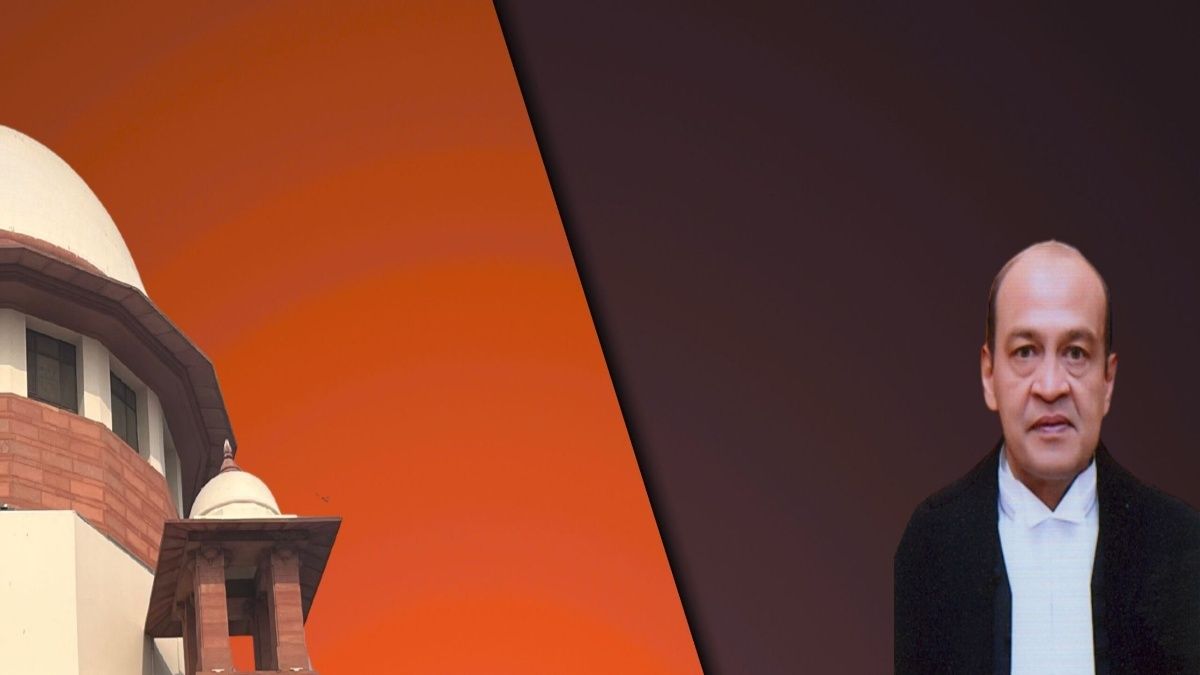Lok Sabha Forms Three-Member Probe Panel After Burnt Cash Found at Judge’s Residence
In a major move towards judicial accountability, Lok Sabha Speaker Om Birla on Tuesday announced the formation of a three-member investigation committee to probe serious allegations of corruption against Justice Yashwant Varma. This comes after burnt stacks of cash were discovered at his Delhi residence in March 2025.
Why Justice Yashwant Varma Is Under Scrutiny
- On March 15, firefighters responding to a fire at Justice Varma’s Delhi bungalow reportedly discovered large piles of partially burnt cash.
- The incident triggered widespread outrage and prompted calls for a judicial probe into alleged corruption at high levels of the judiciary.
Parliament’s Action: Committee Formed, Impeachment Motion Accepted
- Lok Sabha Speaker Om Birla accepted an impeachment motion signed by 146 Members of Parliament.
- He stated: “The process of removal of Justice Yashwant Varma should begin. Parliament is united against corruption. People have faith in the judiciary.”
Who Is on the Investigation Committee?
The three-member committee has been tasked with conducting a full probe. It includes:
- Justice Aravind Kumar – Supreme Court of India
- Justice MM Shrivastava – Madras High Court
- Senior Advocate BV Acharya – Karnataka High Court
➡️ The panel has the power to summon evidence, examine witnesses, and will submit its findings to the Speaker, which may trigger a full impeachment process.
The Constitutional Process for Impeachment
Justice Varma is being investigated under Articles 124, 217, and 218 of the Constitution. The process involves:
- A report submitted by the probe panel to the Lok Sabha.
- If misconduct is found, a vote on the impeachment motion.
- If passed in both Houses of Parliament (Lok Sabha and Rajya Sabha), it moves to the President of India for final approval.
If successful, Justice Varma could become the first High Court judge to be removed in independent India.
Justice Varma’s Response: “Preposterous” Allegations and Legal Challenge
- Justice Varma denied all allegations, calling them “preposterous.”
- He filed a writ petition in the Supreme Court under the anonymous title ‘XXX vs Union of India’, questioning the jurisdiction of the in-house inquiry committee.
- He cited five legal reasons why he could not be removed.
However, on July 30, the Supreme Court dismissed his plea, stating:
“This petition is not worth entertaining… His conduct is not confidence-inspiring.”
What Happens Next?
- The probe panel’s findings will be crucial to the next steps.
- If guilt is established, Parliament will move forward with a formal impeachment vote.
- The final decision lies with the President of India.
The impeachment process against Justice Yashwant Varma marks a rare and historic moment in India’s judicial and parliamentary landscape. As the nation watches closely, the outcome of this probe could set a powerful precedent for judicial accountability and reaffirm public trust in democratic institutions.
Also Read : “Plea Not Worth Entertaining”: SC Setback for Justice Yashwant Varma



